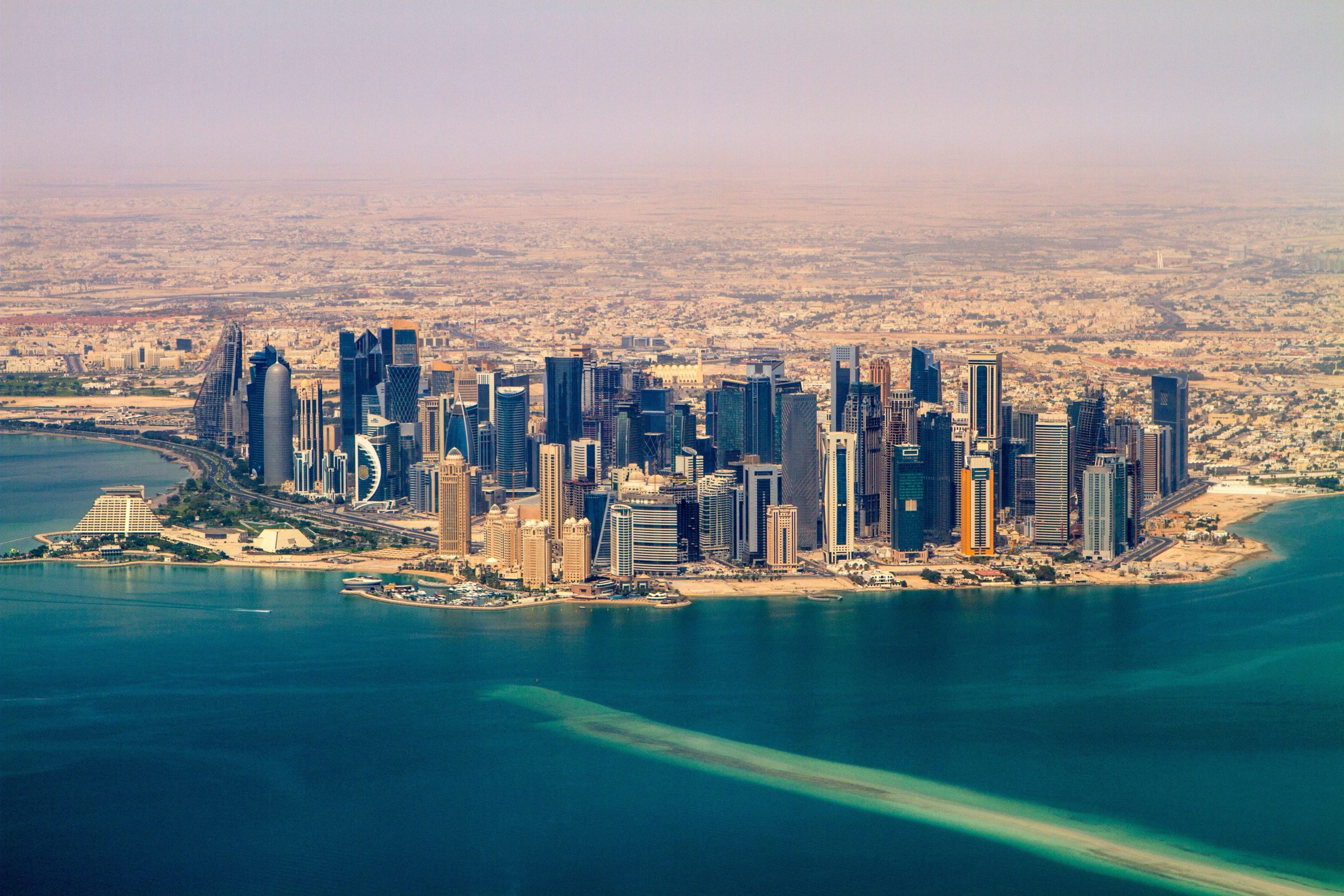Qatar’s aviation industry faced sudden restrictions in 2017 when Saudi Arabia, the United Arab Emirates, Bahrain and Egypt imposed an illegal air, land and sea blockade that was later lifted on 5 January 2021.
Qatar has now edged closer to establishing its Doha Flight Information Region [FIR] and Doha Search and Rescue Region [SRR] after the UN’s International Civil Aviation Organization [ICAO] Council formally agreed in principle to a proposal.
According Qatar’s Ministry of Transport and Communications [MOTC], the proposal was acknowledged during the council’s 223rd session that began on 18 June.
If approved, the FIR/SRR would enable the Gulf state to expand its current sovereign airspace into the United Arab Emirates, Iran, and Bahrain, while achieving safe and sustainable air transport operations in the region.
“The proposal by the State of Qatar to establish a Doha FIR/SRR is of a great importance for the future of civil aviation, not only in the Middle East region, but the entire world and is fully consistent with the objectives of the Chicago Convention,” said Qatar’s Minister of Transport Jassim Saif Ahmed Al-Sulaiti.
The proposal also included Qatar’s intention to withdraw from a joint agreement it signed with Bahrain in 2000 under which it entrusted Manama to provide air navigation services over its territory per paragraphs 2.1.1 of Annex 11 to the Chicago Convention.
MOTC also said that the ICAO invited Qatar and Bahrain as well as neighbouring states to agree on the technical implementation of the Doha FIR/SRR and report the outcome of the discussions at the 224th session in November for approval.
GCC crisis: Where does Qatar stand with former blockading quartet?
In a virtual meeting on 9 June, Qatar’s minister of transport and his Bahraini counterpart discussed the technical aspects of the proposals with the presence of the ICAO Council president. Another meeting took place on 14 June between the technical committees of both countries.
During the session, the council emphasised that the changes would depend on several factors, including good relations, collaboration and mutual respect between states while ensuring that the amendments would provide safe and seamless services.
The ICAO also acknowledged Qatar’s capabilities and qualifications to manage air traffic safely and effectively .
“The proposal represents one of the sovereign rights of the State of Qatar and demonstrates the huge investments made by Qatar to develop its air navigation system for the benefit of the region as a whole, by providing safe, efficient, and seamless air navigation services,” said Al-Sulaiti.
The transportation minister also said Qatar is looking forward to mutual cooperation to implement the decisions in a timely manner.
Key regional development
According to travel analyst Alex Macheras, the expanded airspace would mark a significant development in the Middle East’s travel industry as it would be implemented for the first time in history.
It also came after Qatar’s limited air corridor was suddenly blockaded in 2017 after Saudi Arabia, Bahrain, the UAE and Egypt imposed a complete land, air and sea embargo over false allegations that Doha supports terrorism.
While Qatar has repeatedly dismissed those claims, it was forced to alter its flight routes for three years. The dispute was later resolved on 5 January this year with the signing of the Al-Ula Declaration.
“For decades, Bahrain has had a comparatively vast ‘airspace’ area—inherited after its independence—that’s covered Qatar. This was problematic when used as part of blockade. With new Doha FIR, Bahrain hands back part of its airspace to Qatar,” said Macheras.
Follow Doha News on Twitter, Instagram, Facebook and Youtube







